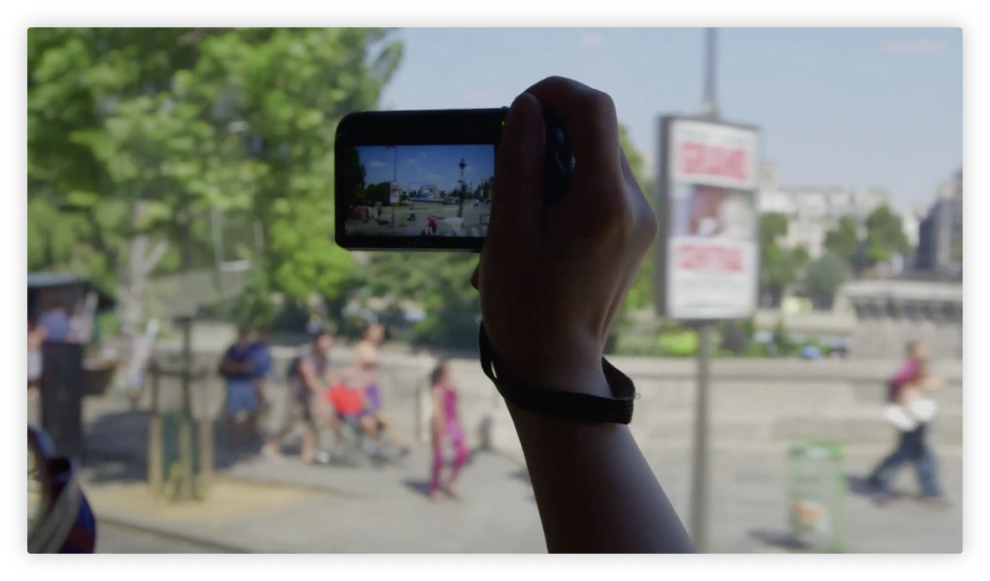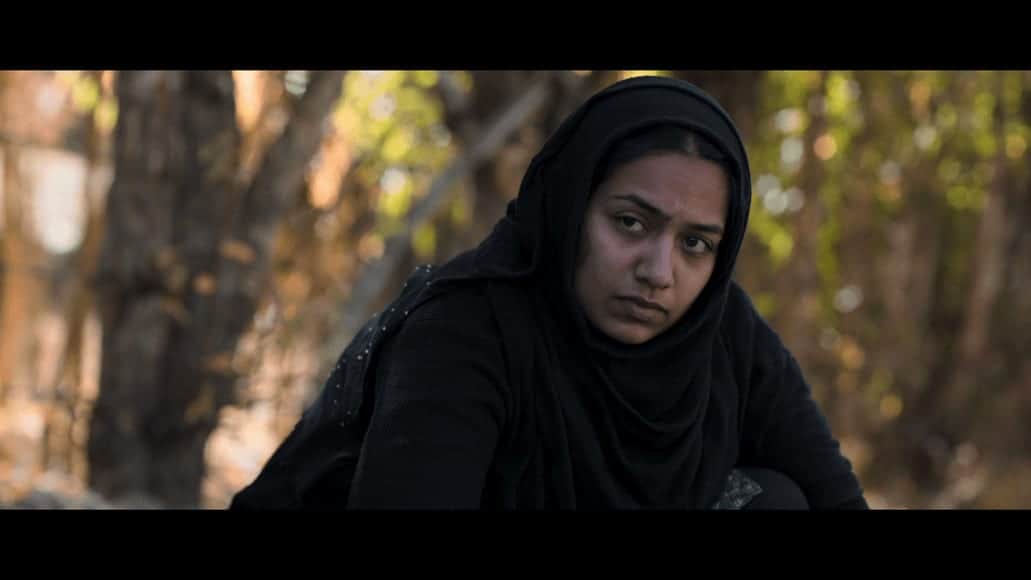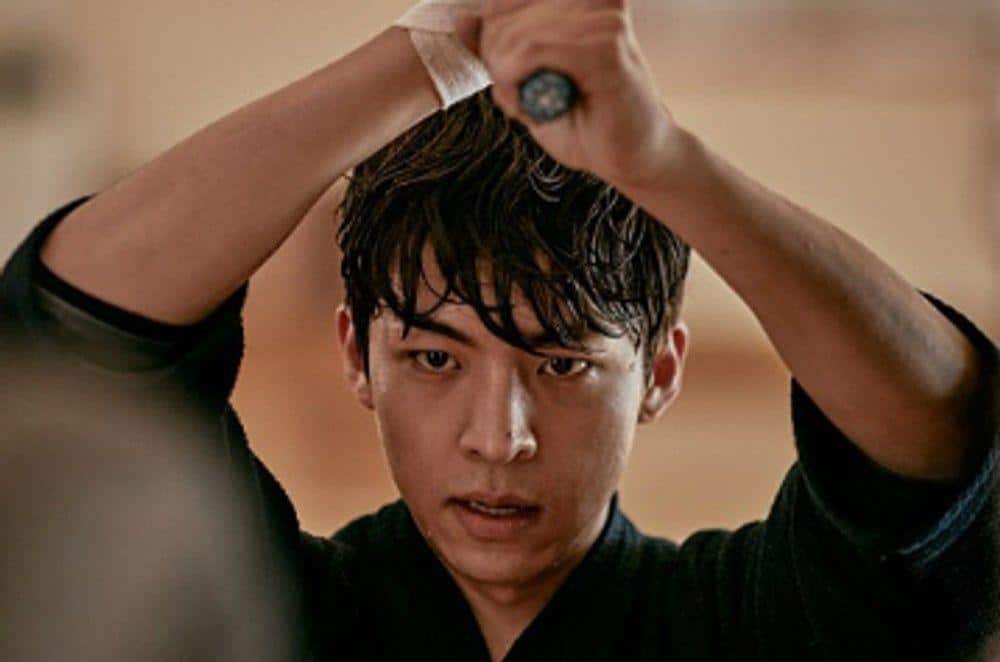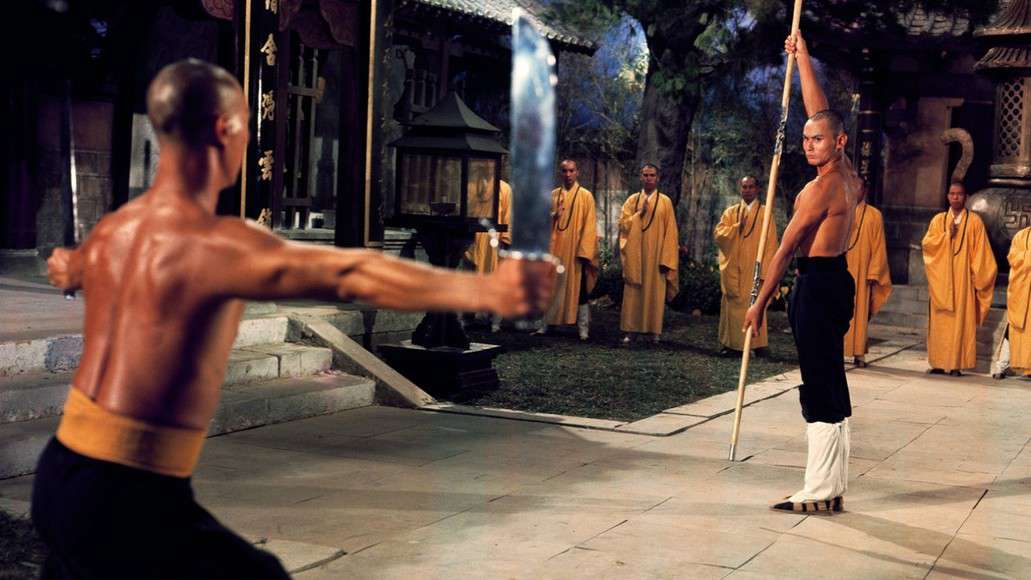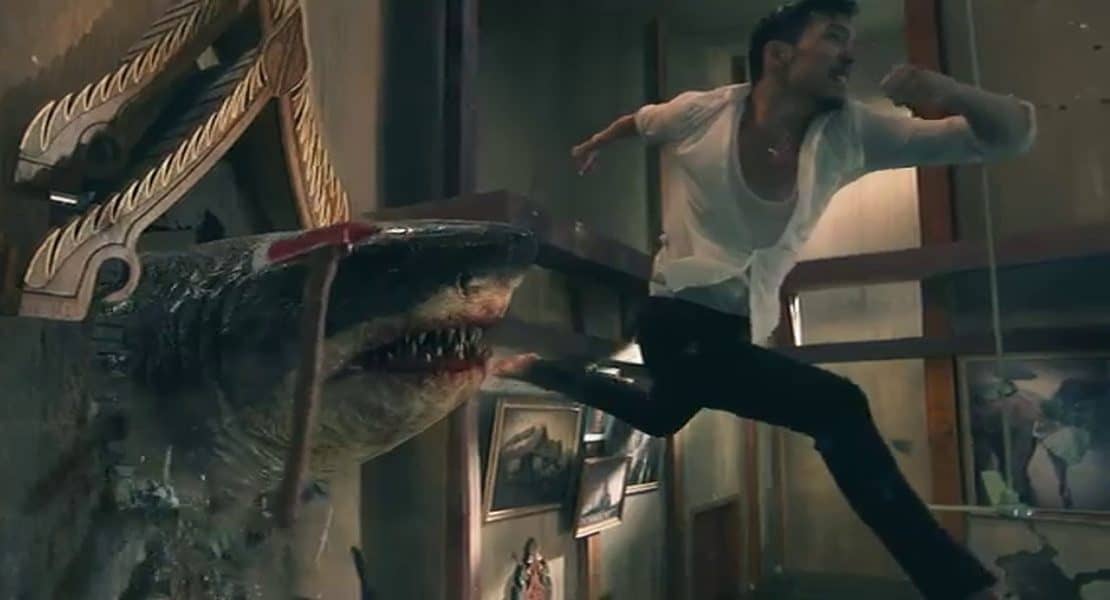The first feeling that comes to mind when watching Jill Coulon's documentary “Journey to the West” during this global pandemic is one of nostalgia and homesickness for the time when we were all allowed to travel freely. Even if we might not want travel in the fast-track way this group of Chinese tourists does, following them is as close as we can get for now and it speaks for the quality of this film that it draws us in and captivates from start to finish.
“Ready O/R Knot” is Screening as Part of Asian Pop-up Cinema Season 12
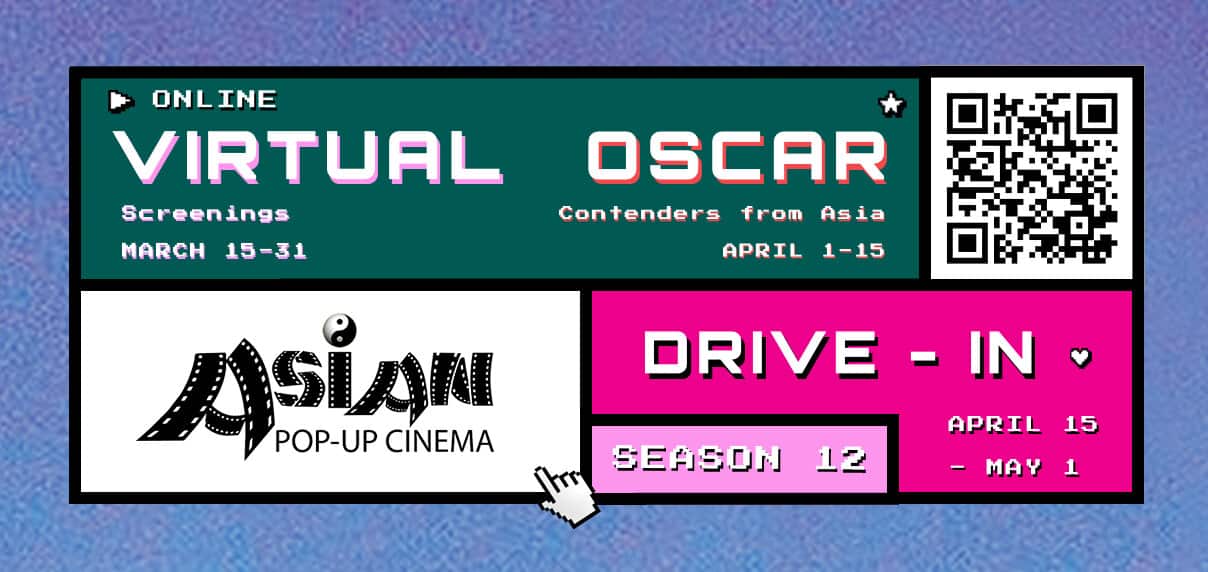
“Journey to the West” follows a group of Chinese tourists visiting Europe. They travel at high speed, 6 countries in 12 days, visiting the tourist attractions but never having enough time to truly experience them. It's a way of travelling that we've come to know from Japanese tourists, but the difference is the status the Japanese have had for a long while, that of a developed country. As the guide points out in the beginning of the film, not so long ago, Chinese tourists were not that welcome in the West and were seen as uncivilized and not well behaved, but now that they have money to spend, they are greeted with open arms. And, since the Chinese people visiting the West are rich and have a taste for shopping, it doesn't look like that view will change very fast.
Jill Coulon follows them in an embedded documentary style of filming, as she is part of the group, joining them on their trip. As a result, we are with the group not only when they visit the sites but also when they are travelling on the bus and eating or staying in hotels. In this, Jill Coulon is only an observer; no questions are asked on screen, no comments are given by her. As a result, it makes us feel like we truly get to know the travelers and at times even as if we are part of the tour ourselves.
The director being an observer but not a participant is highlighted by the position of the camera. It is always at eye height and mostly stays within the boundaries the group. When filming on the highways, it takes on the point of view of Costel, the silent bus driver, as if to imply that his position in the group, Jill Coulon's and also ours are similar. This observant camera is, of course, in part counteracted by the editing of the film, as what is shown and what not remains the subjective choice of the director and her editor Alex Cardon.
Throughout “Journey to the West”, a couple of smaller groups get more attention; we follow them and listen in on their conversations and discussions. They talk about the way they travel and why, about Chinese and European work ethics and way of life. A lot of comparisons, in favor of China, are made, and at times it feels as if they feel the need to justify their love for their home country. As these groups, however, are diverse, they also have different viewpoints and interests. Some just want to follow the guide and do some shopping, others relax and have a drink or enjoy culture. A group of older ladies talk about theirs and China's past and add some critical notes, e.g. on the way China deals with historic sites and art. A father, on the trip with his sons, is the only one we see interacting with people from outside the group. In Paris they prefer to visit La Défense and its Grande Arche, that it is, according to them, beautiful and different from other places because there are no shopping opportunities and as a result no Chinese tourists.
The title “Journey to the West” refers to a Chinese novel from the 16th century that is considered to be one of the great classical novels of Chinese literature. In it, a monk goes on a pilgrimage and, together with is fellow travelers, journeys towards enlightenment by the power and virtue of cooperation. A bit like these tourists who, as the guide tells them, might have their differences but stand united against foreigners. A philosophy they think is missing in the West where they see a lack of patriotism combined with thriving individualism and growing complacency. China, as is often said, is still developing, it is on a path to even more prosperity and it's the people, their view on life and their work ethics that facilitate this.
At its core, “Journey to the West” is a film about prejudice and criticizing. And this goes both ways. The actual encounters the Chinese tourists have with Europeans are limited to shop assistants and hotel employees. Their ideas about Europe and its inhabitants are mostly formed by the stories their guide tells them and films such as “Roman Holiday”, that they watch on the bus. It would be easy to look down upon this limited way of experiencing Western culture and life. But, on reflection, are we, in the West, that different? We as well have fixed Ideas about people from other cultures and their home countries. And how often is our city trip, just a shopping spree in a different place than our hometown? When the Dutch go on their yearly holiday to France, their car trunks are filled with food from home, and often they hardly leave their camping site. Vacations often are a thrill, something to brag about to friends and family. And, in the end, don't we too think that “home sweet home” is the best place to be? In other words, are we as different from them as we want to believe?
Maybe now, when domestic travel is the most we can hope for and our world seems to have ground to a halt, is a perfect time for some self-reflection. “Journey to the West” is an excellent starting point for us to not only reflect on the way we perceive other cultures both at home and when travelling, but also to think about our goals in life, our future and that of the continent we live on.


